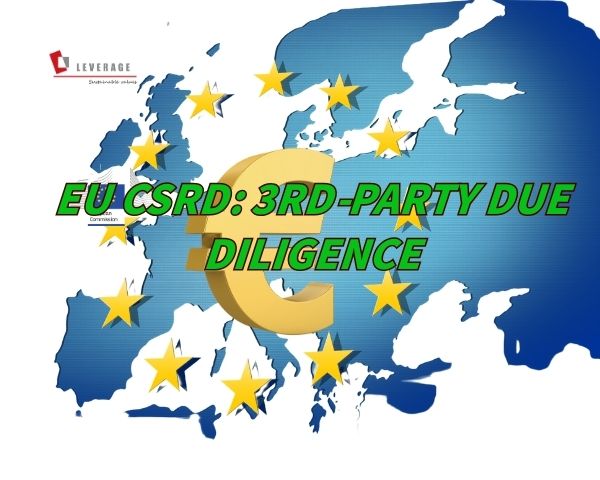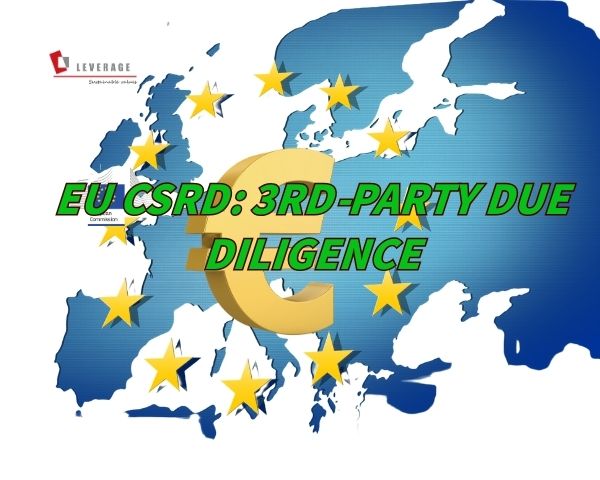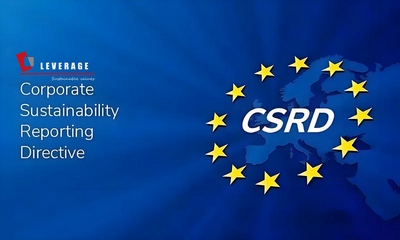
EU CSRD: 3rd-party Due Diligence
According to the OECD definition, due diligence is a process by which an organization identifies, prevents, mitigates, and explains how it addresses actual and potential adverse impacts related to employment, human rights, the environment, bribery, and consumers. The emergence of national and regional due diligence policies is linked to increasing societal expectations for corporate responsibility, not only within their own operations but also throughout their supply chains and other business relationships. The due diligence process should include “meaningful stakeholder engagement” and “consultation with potentially affected stakeholders.”

The due diligence process typically involves the following steps:

1.Integrating responsible business conductinto policies and management systems;
2.Identifying and assessing actual and potential adverse impacts related to the
enterprise’s operations, products, or services;
3.Ceasing, preventing, or mitigating adverse impacts;
4.Tracking implementation and results;
5.Communicating how impacts are addressed;
6.Providing or cooperating in remediation where appropriate.
Corporate Sustainability Due Diligence Directive(CSDDD):
As part of the European Green Deal, the Corporate Sustainability Due Diligence Directive (CSDDD) will require enterprises to establish due diligence procedures to address the relative impacts of their operations, supply chains, and subsidiaries on human rights and environmental issues. The CSDDD aims to set certain minimum requirements for enterprises to identify, disclose, monitor, and remedy any negative impacts their activities may have on the environment and human rights.
Macro-level Requirements for Enterprises under CSDDD:
1.Develop an ESG due diligence policy (to be reviewed annually by the enterprise’s board) to identify and monitor the negative impacts of their operations on the environment and human rights.
2.Formulate an ESG code of conduct applicable to their employees, subsidiaries, and established business relationships.
3.Establish a grievance mechanism to allow individuals affected by the enterprise’s operations to report negative impacts and receive appropriate follow-up.
4.Address negative impacts.
5.Publicly disclose the results of their ESG due diligence and remediation activities through annual reports.
Scope of Impact:

a. Enterprises with over 250 employees and a global net turnover exceeding €40 million, regardless of industry.
b. Ultimate parent enterprises with over 500 employees and a global net turnover exceeding €150 million.
c. Large enterprises with over 1,000 employees and a global net turnover exceeding €450 million.

